4 Mins Read
GROW, the AgFunder-backed food and agri-tech focused accelerator, has just welcomed its new cohort of startups set to join its program in Singapore. These startups have been selected for their food chain resilience and sustainability solutions, innovating novel foods and ingredients, alternative proteins and fixing the key issues of food waste, decarbonisation and more. GROW’s newest group represents its most diverse yet, hailing from 9 countries globally and 70% founded by women. Without further ado, let’s take a look at seven of the most promising startups in the group.
1. Anina Culinary Art
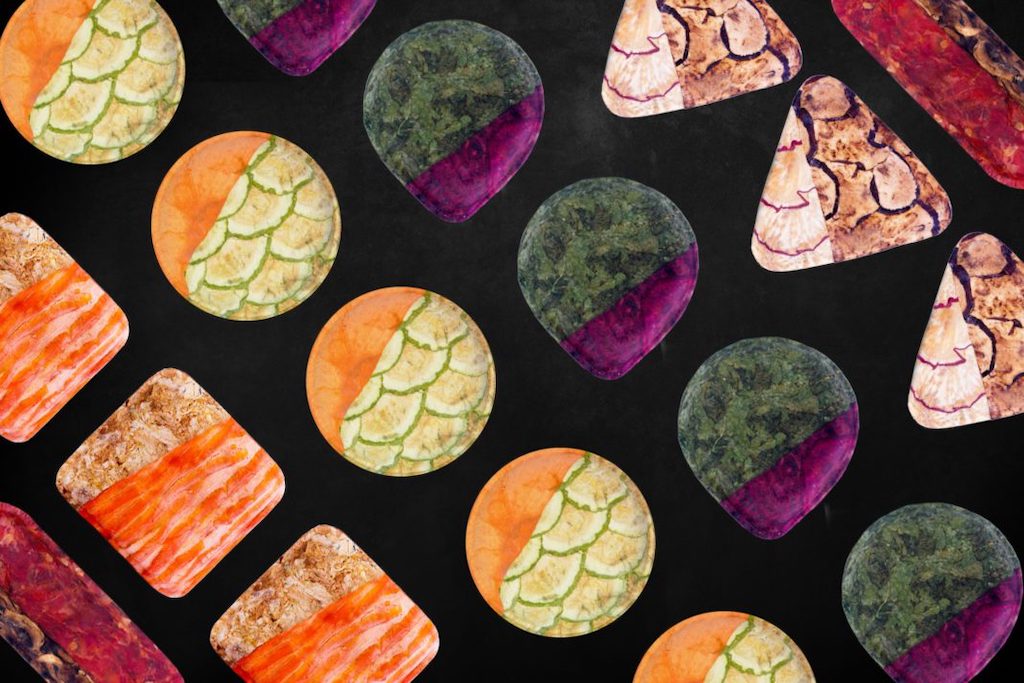
Founding date: 2020
Headquarters: Ashdod, Israel
Founders: Anat Natan, Esti Brantz & Meydan Levi
Anina Culinary Art is a food waste-fighting startup who has created a solution for unwanted or unused produce that would otherwise be thrown away. Taking in “ugly” fruits and veggies and processing it into a food-grade consumable laminate for ready-made meals, the company’s concept has been demonstrated in their upcycled grain bowl product that packs in 20-grams of protein and 17-grams of fibre into each meal.
2. Braintree Technologies
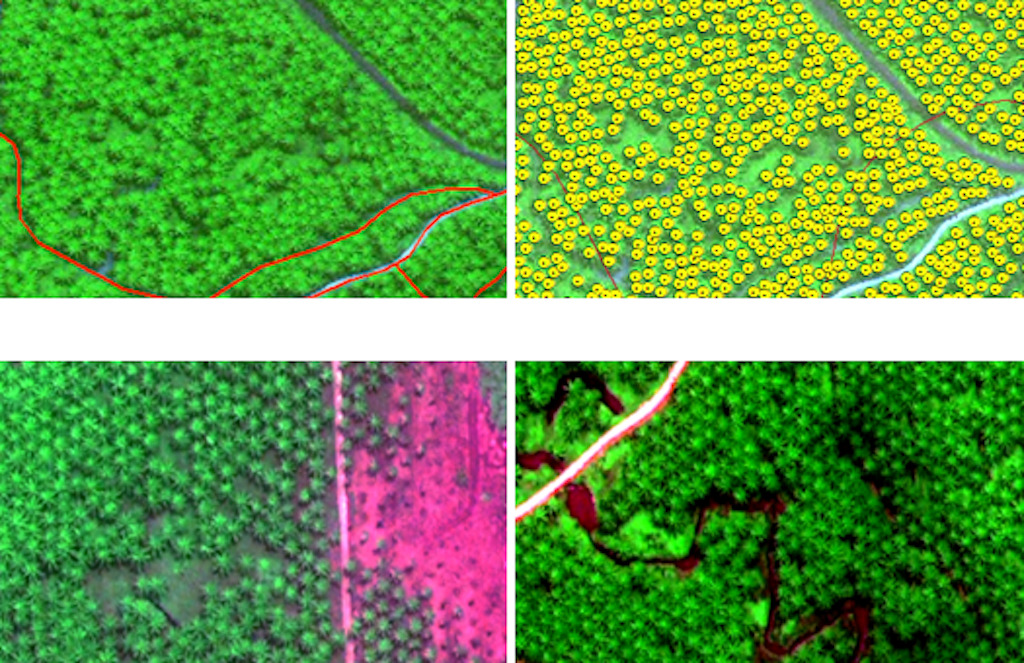
Founding date: 2011
Headquarters: Selangor, Malaysia
Founders: Arif Bin Makhdzir & Asyraf Bin A Rahman
Braintree Technologies is a robotic farming-as-a-service company. They transform unattended land into agricultural spaces with their autonomous robots, which are designed specifically for planting chillies for the Southeast Asian market. Braintree hopes to help smallholder farmers raise their incomes, lower labour costs, increase productivity, all while reducing greenhouse gas emissions and the use of synthetic farming inputs.
3. Cellular Agriculture

Founding date: 2016
Headquarters: Llanelli, Carmarthenshire, United Kingdom
Founders: Illtud Dunsford & Marianne Ellis
Cellular Agriculture is a British biotech creating a unique bioreactor that could revolutionise the cell-based meat space. Their solution is designed around hollow fibre membranes – similar to our bodies’ vascular system – which can help increase yield and reduce costs of cultivated alternative protein production.
4. Green Rebel
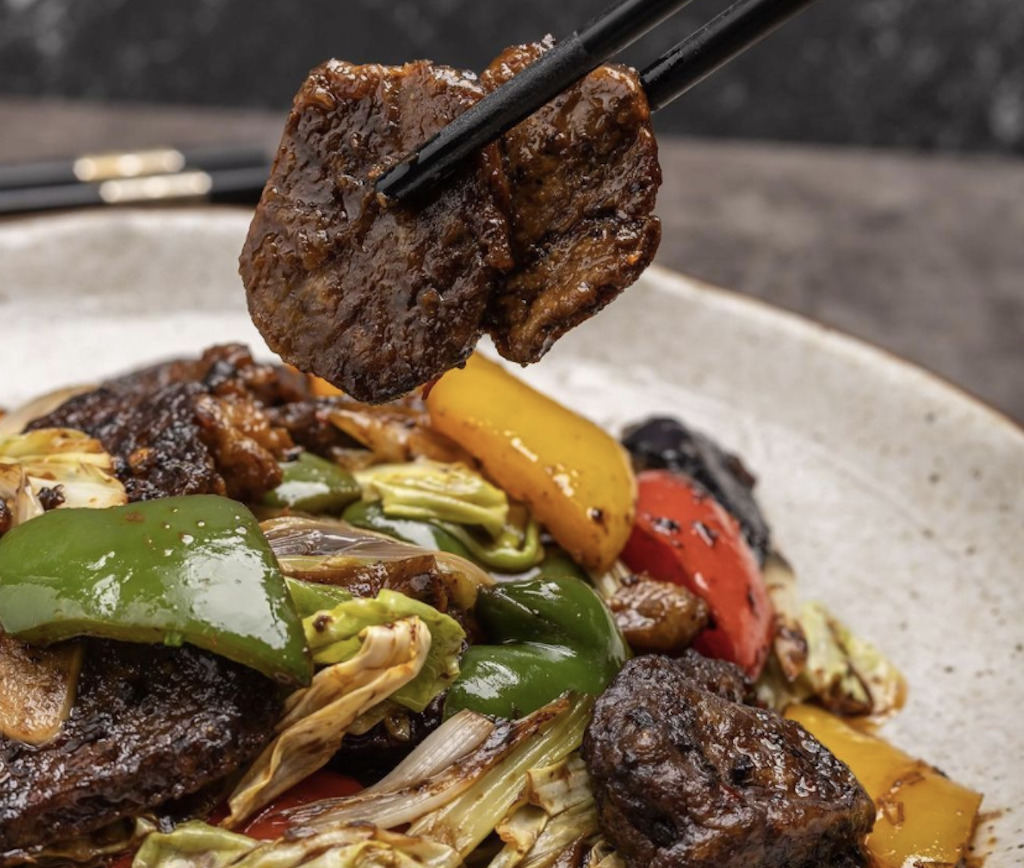
Founding date: 2020
Headquarters: Jakarta, Indonesia
Founders: Helga Tjahjadi & Max Mandias
Green Rebel is a plant-based protein brand founded by the creators of Burgreens, the largest plant-based restaurant chain in Indonesia. The company, formerly known as Green Butcher, has a line of mushrooms, chickpeas, soy protein and seitan-based meat alternatives, and has been tapped by coffee giant Starbucks to supply a number of meatless dishes served in locations within Indonesia. Green Rebel’s clean-labelled products include beefless satay, vegan gyozas and chicken katsu – all tailored for the Asian appetite.
5. Mayani
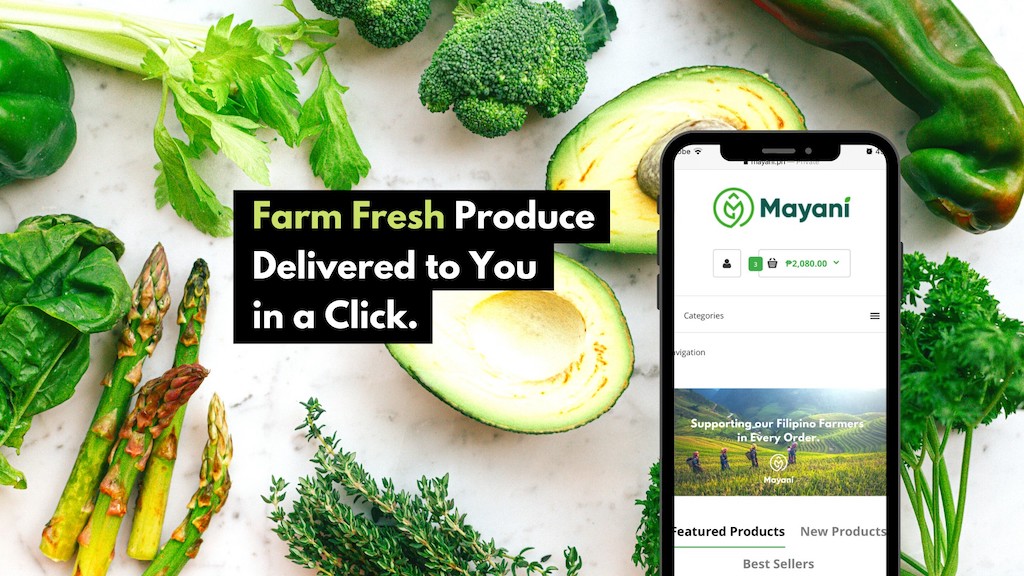
Founding date: 2019
Headquarters: Manila, Philippines
Founders: JT Solis & Jeff Barreiro
Mayani is focused on the issue of supply chain resilience, offering its agricultural e-commerce platform to help smallholder farmers gain access to new markets and customers. Their digital tech aims to break down inefficiencies in the supply chain, improve incomes, while also reducing the issue of food loss in the process.
6. Rainfed Foods

Founding date: 2020
Headquarters: Toronto, Canada
Founders: Sujala Balaji & Ben Roche
Rainfed Foods is a plant-based startup developing ingredient products that are “indistinguishable from dairy”. Leveraging underutilised crops that are climate smart and regenerative, the company’s ingredients can be incorporated into a number of plant-based foods and drinks. Their first product is a vegan milk alternative made using millet, a crop that performs better on sustainability metrics than commonly used crops like almond, soy and peas.
7. Science For Society
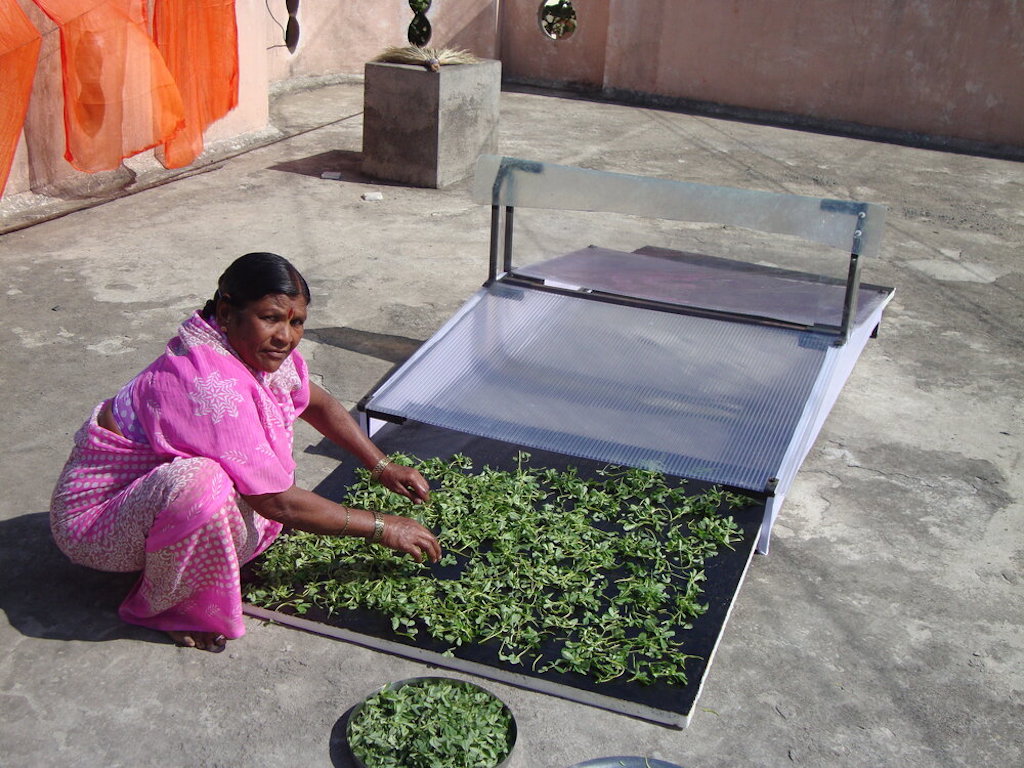
Founding date: 2010
Headquarters: Mumbai, India
Founders: Vaibhav Tidke, Nidhi Pant & Shital Somani Kasat
Science For Society (S4S) is a startup that combines solar-powered dehydration tech with micro-entrepreneurship to address the social issues and supply chain inefficiencies in the food and agriculture industry within developing countries. Currently, S4S has deployed its dehydration units in over 150 Indian villages, which helps revalue more than 15,000 tonnes of fresh produce a year – mitigating post-harvest food loss while providing new revenue streams for smallholder female farmers.
Lead image courtesy of Green Rebel Foods.




